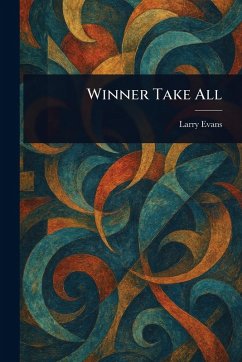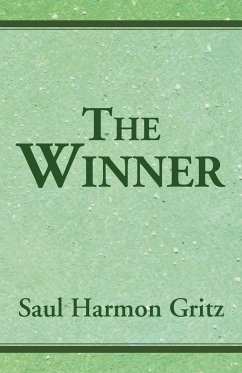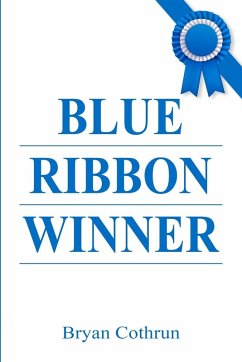Nicht lieferbar

Waterfront Fists, and Winner Take All (Esprios Classics)
Versandkostenfrei!
Nicht lieferbar
Robert Ervin Howard (1906-1936) was an American pulp writer of fantasy, horror, historical adventure, boxing, western, and detective fiction. He is well known for having created the character Conan the Cimmerian, a literary icon whose pop-culture imprint can be compared to such icons as Tarzan of the Apes, Sherlock Holmes, and James Bond. Voracious reading, along with a natural talent for prose writing and the encouragement of teachers, conspired to create in Howard an interest in becoming a professional writer. One by one he discovered the authors that would influence his later work: Jack Lon...
Robert Ervin Howard (1906-1936) was an American pulp writer of fantasy, horror, historical adventure, boxing, western, and detective fiction. He is well known for having created the character Conan the Cimmerian, a literary icon whose pop-culture imprint can be compared to such icons as Tarzan of the Apes, Sherlock Holmes, and James Bond. Voracious reading, along with a natural talent for prose writing and the encouragement of teachers, conspired to create in Howard an interest in becoming a professional writer. One by one he discovered the authors that would influence his later work: Jack London and Rudyard Kipling.















